My Journey of Living Independently
My name is Carolyn and I have lived in my own home for 25 years.
I have in-home support provided by my team of support workers 4 times a day. Besides friends, family and good health, living in my own home in everyday suburbia is what I really value most in my life. I shudder to think I might have had to live in an institution, aged care or with my parents as an adult! (Love you Mum and Dad!)
Young and in love
When I was 19 I was in love and planning a life with my beloved fiancé Danny, who lived with Duchenne MD. We applied to the Department of Housing for Priority Housing, given we both had physical disability and needed an accessible property. We had been told that the wait might be about 5 years, so we thought we’d get in early. To our surprise 3 months later we were shown a lovely little cottage not far from my parents’ home, but far enough for us to call it our own. We took a chance and we were so thrilled we did.
Living the dream
We had 12 incredible years together, Danny and I. Nine of those living together in our own little paradise. There were dress up parties, we adopted a cat called Lucky, we grew roses and made our own compost. Danny coached wheelchair sport and I got through uni and worked part-time. We painted the house and cooked and had our nephews stay for sleepovers. We spent all our savings on tickets to the Sydney 2000 Olympics, attending 14 events and the memorable Opening Ceremony! Travel was important and we covered most of Australia. I’ll never forget the time we arrived at Connellan Airport at Uluru with 18 pieces of luggage in tow! It was an ordinary yet extraordinary life all the same.
Of course, we had some challenging moments, like when Home Care decided that Meals on Wheels would be better for us; the support worker who refused to mash the potato; and our neighbour who thought our disabilities could be cured by mind power. Then there was the lemon juice guy in Byron Bay but that’s a whole other story……
In 2000 I received the great news that I was accepted onto the Attendant Care program, and Dan had his hours on the program increased. So we said goodbye to Home Care and recruited our own team. This gave us more control and flexibility about what happened in our home, with who, when and how. No more knocks on the door at 7.30pm ‘I’m here to put you to bed’, we could actually go to bed when we wanted to! It was a learning curve and we didn’t always get it right but we felt so much better making the decisions about hiring and firing and having a more direct relationship with our staff. We met some incredible people, and a number are still dear friends to this day.
The hardest challenge
Dan’s health deteriorated as he got older, he started using BiPap at age 35, and began losing weight due to battles with kidney and gall stones. I turned 30 the month before Danny’s 40th and we managed to have an amazing party despite his health issues. It was 1930s and 1940s theme, we had a 5 piece jazz band and were surrounded by loved ones. It was a wonderful celebration. Little did we know that only 3 months later, one Sunday morning, a huge storm caused a power outage that would change my life forever. Danny’s ventilator stopped and the back up battery failed. I called the neighbours but our electronic front door wasn’t working, and they eventually got in via a secret key. The ambulance revived Danny with adrenalin but unfortunately his condition had deteriorated, and we made the heartbreaking decision to remove life support 3 days later. That was so like my Danny, going out with a bang! No suffering in hospital for months like many of his mates. We had planned for pneumonia but not this. I guess life is never quite how you imagine it will be.
Part 2
After receiving incredible support from family, friends, colleagues, MDNSW and counselling I picked myself up and was determined to live the best life, for both of us. I became more active in the MD community, which Danny had introduced me to, and threw myself into work in the disability field. My parents convinced and supported me to take the plunge into home ownership and 2 years after losing Danny I moved into my own ground floor villa. It had taken a good 6 months of searching, and fortunately only needed minor modifications to make it accessible for me. It felt amazing. I brought Danny’s roses with me and replanted them in the garden. I know he would be so proud of me.
A couple of years after that I met Steve online. That was back in the days where people looked at you strangely when you said ‘online dating’. But hey, I had started doing my groceries online so I thought why not see what else you can find on the internet! Steve moved from Brisbane to be with me in 2009, and I feel like I am living part 2 of my life. Lucky me.
The value of independence
To me, independence is not about doing everything for myself – most people with and without disability don’t do it all themselves. In fact, people are outsourcing support more and more; just think of childcare, Uber and AirTasker. As a self-managed NDIS participant I get to choose and use the supports I need. Living with a neuromuscular condition often means autonomy over our own bodies can be a compromise. For me, independence is about making my own decisions, being in control of my life and having the same opportunities as my friends, peers, my neighbours, others in society.
At the same time, independent living allows me to be my own person – to have my own space; a place to call my own and the privacy and peace that comes from Home Sweet Home. When our staff leave after their shift, we have that satisfied feeling of we’re ok, we’re in our house and we’re safe.
Of course, it is not always smooth sailing - sometimes staff can’t come to get me out of bed; some shifts like on New Year’s Eve no one wants to work; sometimes I drop that much needed item and I have to wait 5 hours to get it picked up. But we get through these times. It’s all part of the experience of living independently with a disability. It builds patience, resilience and a whole suite of skills like negotiation and problem-solving. I am so glad that I have been able to carve out really positive relationships with my family, who aren’t my carers. This is really important to me. I can also use my support to help me in my roles as partner, Aunty, daughter, sister, friend.
Tips for successful independent living:
- Plan, plan, plan and get lots of support to make it happen, eg: OTs and support coordinators
- Utilise your NDIS plan, ie: state living independently as a goal, apply for SDA, etc.
- Visit the Independent Living Centre
- Get some handy AT items like grabbing sticks
- Automate your home with an electronic front door, or simple adaptions to remote controls and voice-activated technology, like Google Home
- Investigate back up power sources, such as a generator
- Make friends with your neighbours – most people are happy to help now and then
- Make sure a trusted neighbour has a key in case of emergency
- Have all your staff saved as a list in your phone
- Offer bonuses for call out shifts
- Play ‘swapsies’ and get creative with rostering so you are covered
- Always have your phone on you
- Have the local Police and Fire Brigade contact details
- Consider an emergency system like Vital Call or an Apple watch to detect falls and call contacts
- Have some frozen meals (Core funding can pay 70% of the cost) ready for when you’re short staffed, or call for home delivery!
With new programs and opportunities arising from the NDIS, the living independently dream is more achievable than it’s ever been. And I for one highly recommend it!
Carolyn 😊
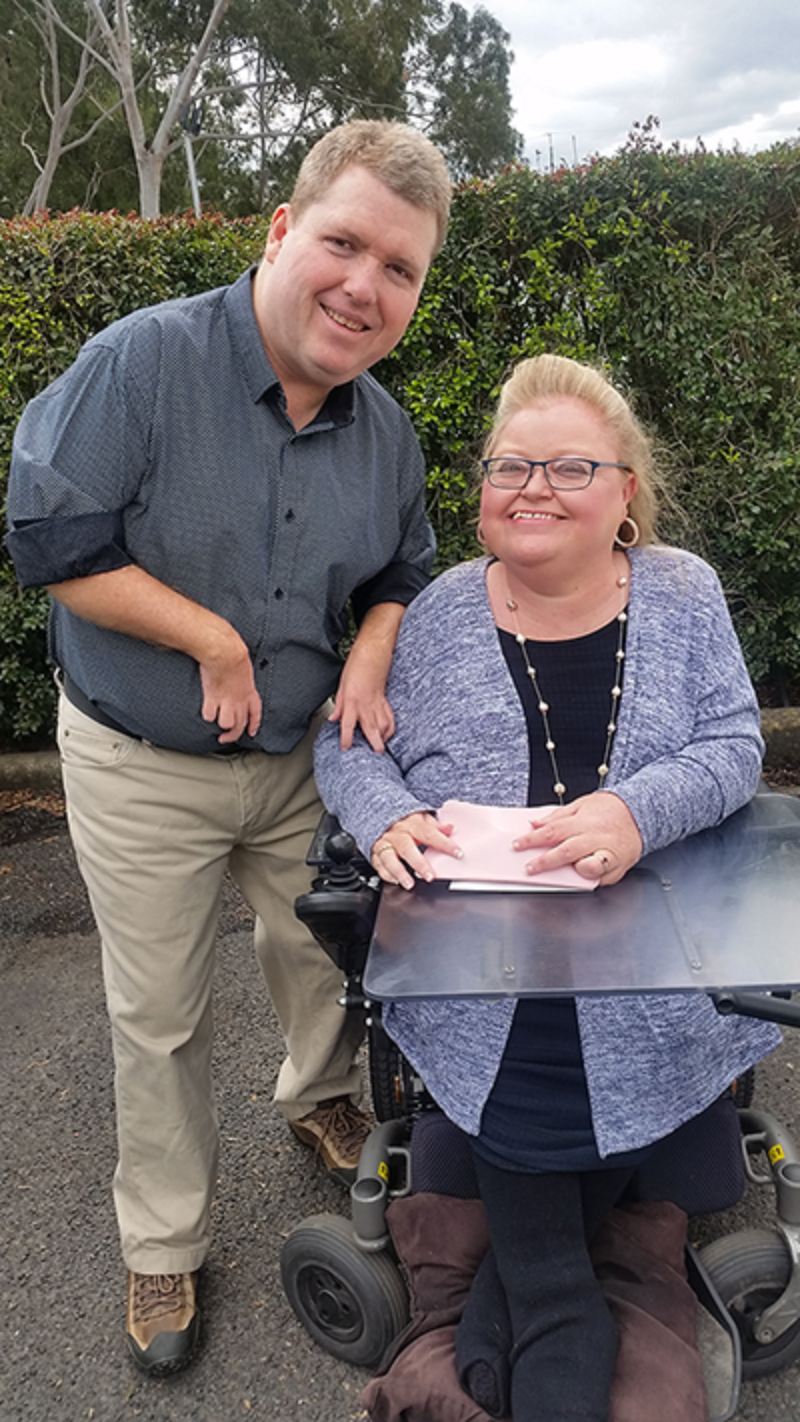
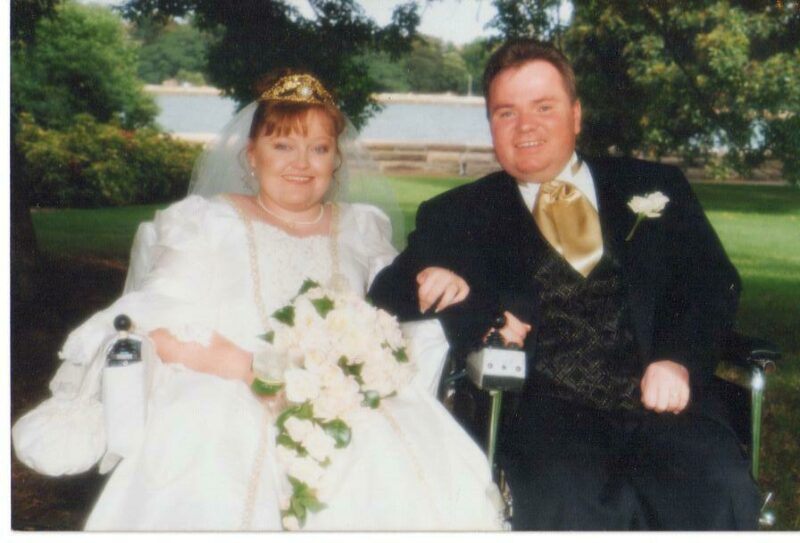
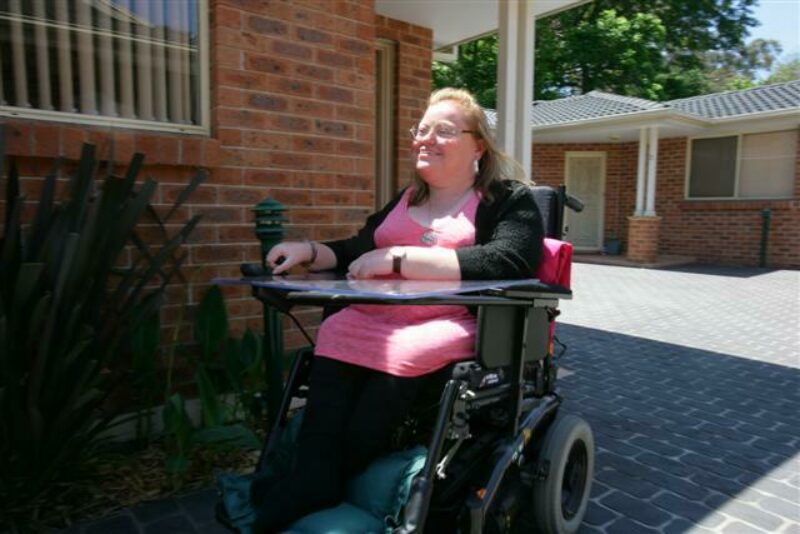
Have advice, 'how to' guides or a story you want to share? We want to hear from you!
You can submit your story or guide via our form. Provided your content meets our content requirements, your post will be published by a Loop moderator to the Living Life section.
Share your story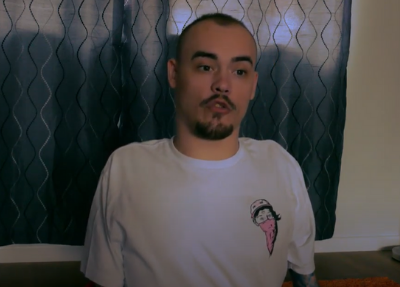
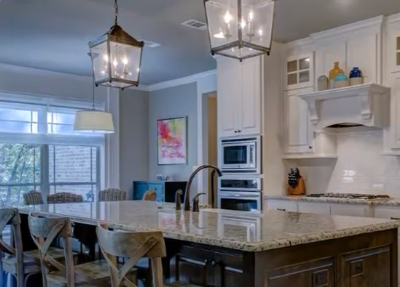

Join the conversation